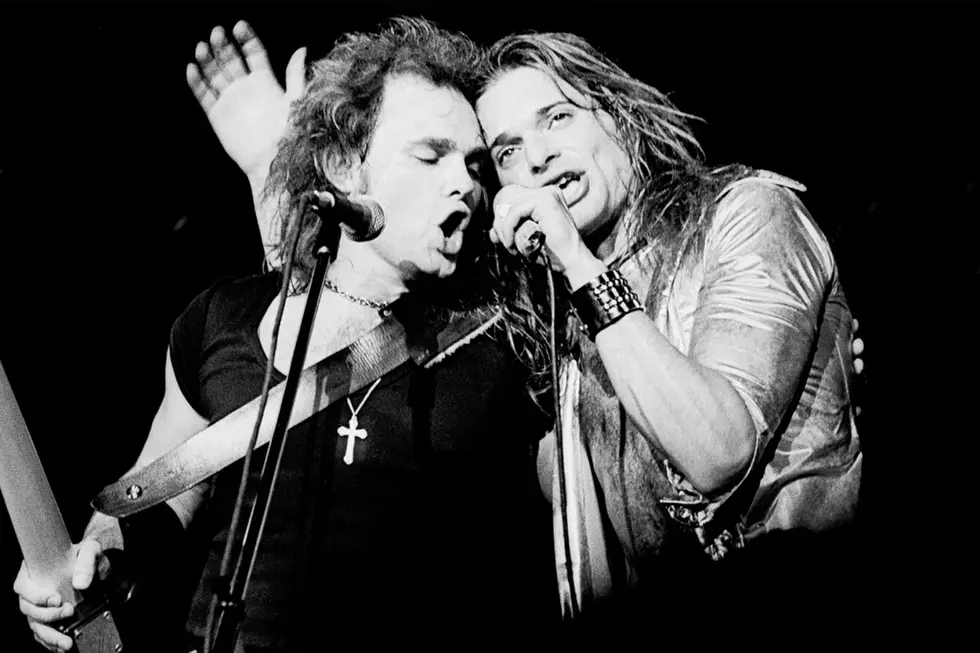
All European Concerts Face Lights Out in Law Change
A leading concert lighting director warned that new European legislation could lead to a ban of onstage lighting across the creative industries.
Tim Routledge, who’s worked with ELO, Beyonce and others described the proposed legislation as “terrifying” after the president oft he Association of Lighting Designers said British theater was facing an “extraordinary crisis.”
The rule change is aimed at phasing out inefficient types of lighting with the intention of lowering energy use and waste, and the kind of lights used in performances – including tungsten, arc lights and modern LED systems – would be classified as too inefficient to use. However, entertainment professionals have argued that no replacements currently exist.
“This directive on theatrical lighting will not only leave theaters in the dark but also every music venue, arena, music festival and touring concert production across Europe,” Routledge told the Guardian.
“Pretty much every single tool that we use as lighting designers will be rendered obsolete. … As we use bright sources compared with domestic [lighting], this equipment is not efficient enough for the European Union. If you multiply the ban out to how enormous the effects of it could be, pretty much every lighting source for television and broadcast will also be dead in the water.”
He also pointed out that lighting “helps to convey emotion, drama and energy” to a performance. “Performing in the [London] O2 in the stark light of the cleaners’ work lights will not quite offer audiences the same exciting experience,” he noted. So far, more than 41,000 people have signed a petition calling for theatrical lighting to be exempted from the proposed rules.
“The entertainment industry will have almost no tools whatsoever with which to light plays, musicals or concerts," the Association of Lighting Directors said on the petition website. "Even if it was within the possibilities of physics to create a lighting unit that was capable of meeting these proposals, it would be completely unreachable in a financial sense. It would require the immediate overhaul of infrastructure and stock of almost every venue in Europe.”
More From Ultimate Classic Rock









